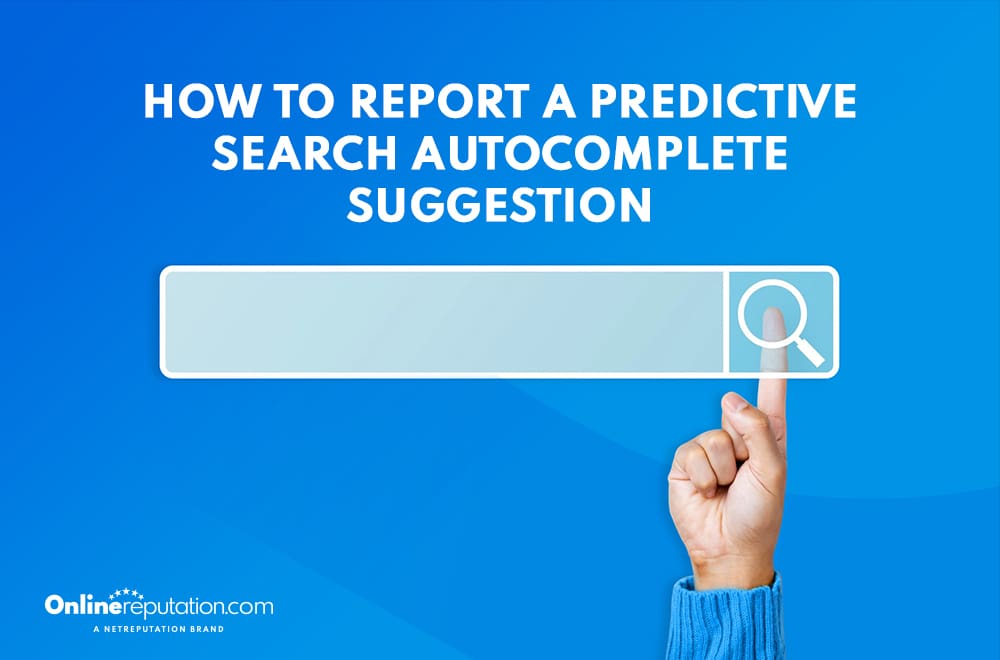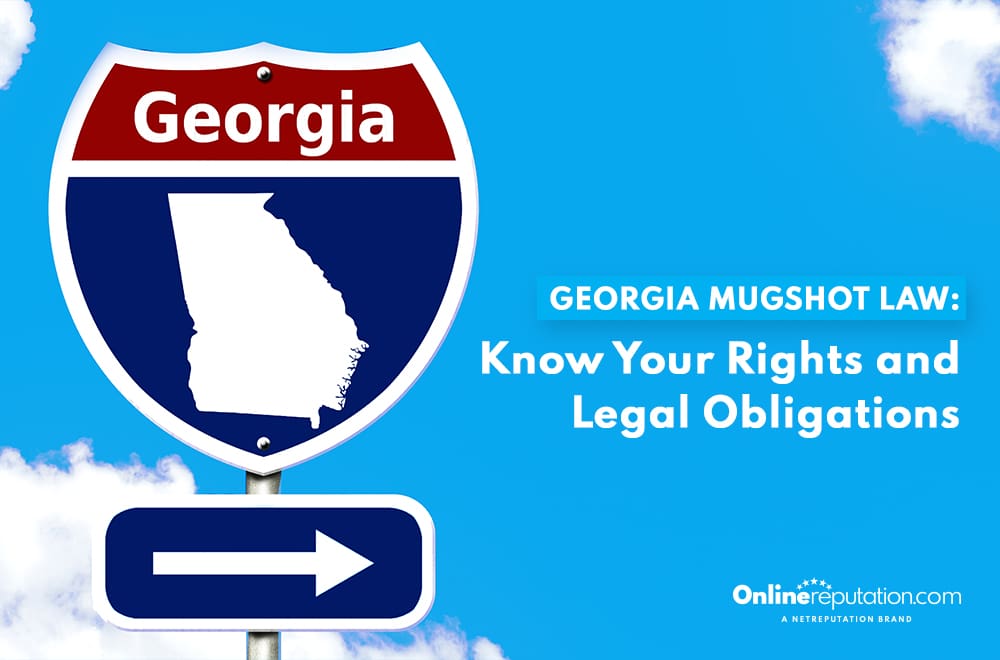
Have you ever wondered how Georgia mugshot law could impact you or your loved ones? This comprehensive guide will answer all your questions about this law, including your rights and how to protect yourself.
The Basics of Georgia Mugshot Law
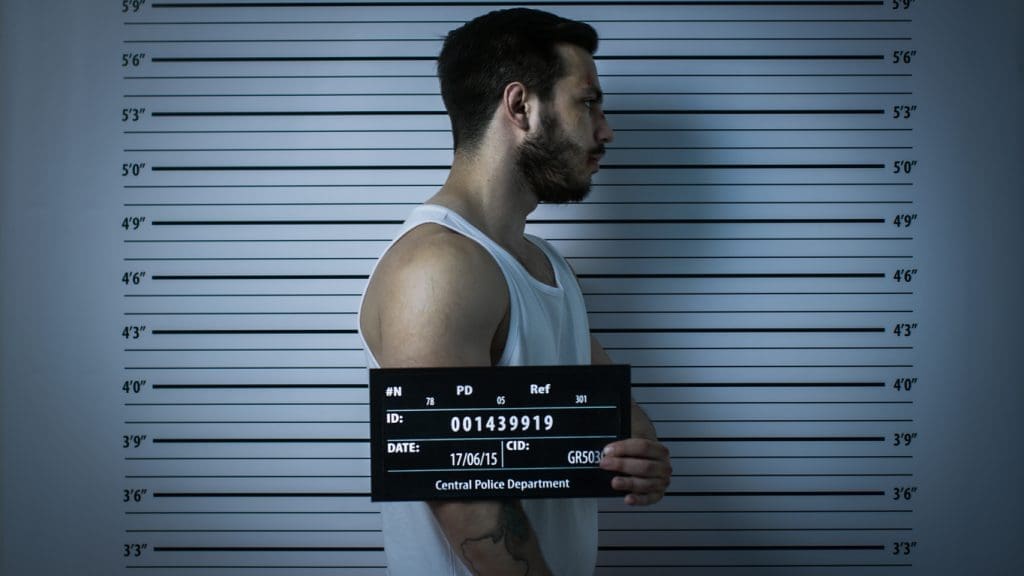
Georgia law covers legislation that governs the release and use of booking photographs of individuals arrested by law enforcement agencies within the state.
These laws aim to address the ethical concerns surrounding arrest booking photographs and the exploitation of mugshots for profit by online publications. By restricting the public dissemination of these images, the law seeks to protect individuals from potential harm to their reputation and future opportunities.
Prosecuting attorneys play a crucial role in upholding these regulations and ensuring compliance.
Key Takeaways
- Under Georgia law, individuals have the right to make a written request for the removal of their mugshot and booking photograph from websites.
- Websites are legally obligated to remove mugshots upon request, and failure to do so can result in penalties.
- While the Georgia law has faced controversy, it aims to protect individuals’ rights and privacy.
What Are Your Rights Under Georgia Law?
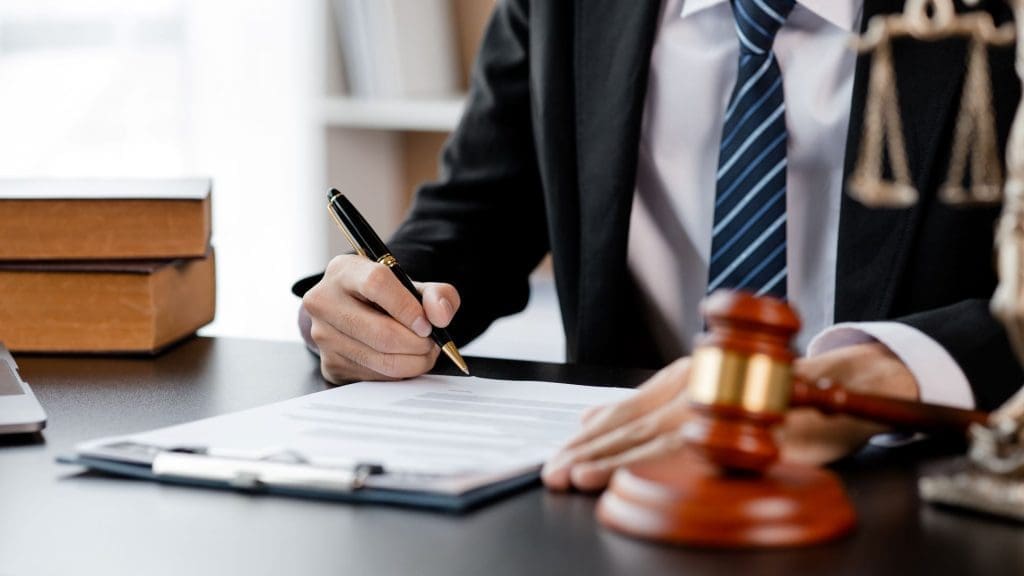
In Georgia, individuals have the right to request the removal of their booking photographs from mugshot websites or publishers under certain conditions.
Upon arrest in Georgia, individuals may find their booking photos on various mugshot websites. These individuals to request the removal of their pictures if they meet specific criteria.
To initiate the removal process of booking photographs, the individual must submit a written request to the website. They must also provide sufficient documentation verifying that the charges against them were dropped, dismissed, or resulted in a not-guilty verdict.
Once the website receives the request, they have a specific timeframe for removing the image. There are exceptions to this process, such as in cases where the photos relate to serious crimes or the individual has a prior criminal record or arrest records.
Can You Make a Mugshot Removal Request?
Individuals can request the removal of their booking photograph by submitting a written request to the registered owner of the website hosting the images.
When submitting a removal request for an individual’s mugshot, specific documentation to support the claim is essential. This documentation typically includes a copy of a government-issued ID. This will verify the identity of the individual requesting removal.
Providing legal documents that support the request, such as court orders or expungement papers, can strengthen the case for removal. Also include contact information, such as a phone number and email address. This helps with communication during the process.
For help with content removal, contact our experts at 844-230-3803 today for a free consultation.
Does the Law Apply to All Mugshots?
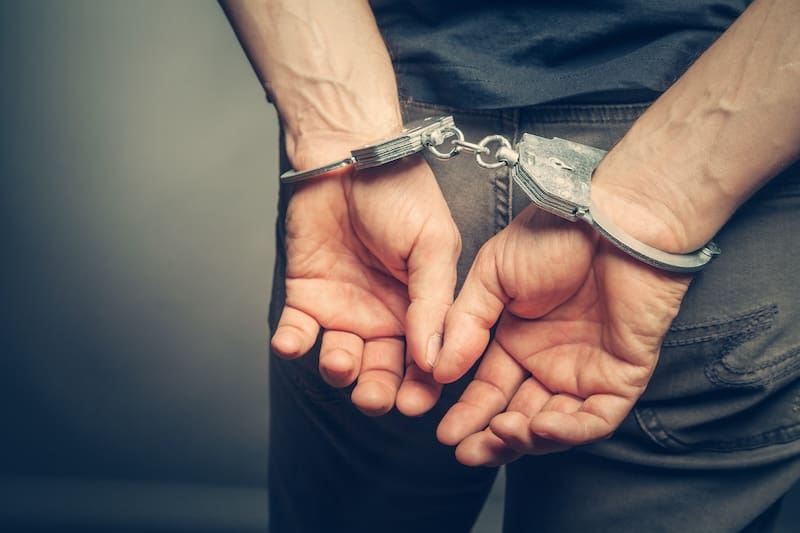
For the most part, Georgia law applies to all mugshots taken by any arresting law enforcement agency within the state. This is regardless of the nature of the arrest or subsequent legal proceedings.
It’s important to note that the law does have some exceptions. For example, mugshots posted by a law enforcement agency and related to ongoing investigations or those considered a threat to the public may be exempt from specific law provisions.
Enforcing compliance with this legislation is crucial. Moreover, authorities can penalize individuals and companies that violate it. Mugshot companies, in particular, must ensure that they abide by the regulations outlined in Georgia law to avoid any legal repercussions.
What Are the Legal Obligations of Websites Under Georgia Law?

Websites operating in Georgia are legally obligated to remove booking photographs upon receiving a valid request from the individual depicted in the image.
This requirement aims to protect individuals from the harmful effects of publicizing their booking photos on online platforms.
When an individual submits a request, website administrators must promptly delete the image and associated information. Failure to comply with this legal requirement can result in severe consequences. These include hefty fines and potential legal action. Therefore, website owners must have efficient procedures to handle removal requests according to statutory regulations.
Are Websites Required to Remove Mugshots Upon Request?

Websites must promptly remove mugshots (and possibly arrest records) upon receiving a valid removal request, especially in cases where the individual has pleaded guilty to the charges.
This practice is crucial as it helps protect the privacy and dignity of individuals who have already faced legal consequences. By swiftly responding to such requests, websites adhere to their legal obligations and show respect toward those who have taken responsibility for their actions.
Ensuring the authenticity of removal requests is equally important. It prevents misuse and maintains the integrity of the process. Legal outcomes play a significant role in determining the necessity and expediency of mugshot removal, underscoring the need for websites to stay vigilant and compliant with these regulations.
What Happens if a Website Refuses to Remove a Mugshot?
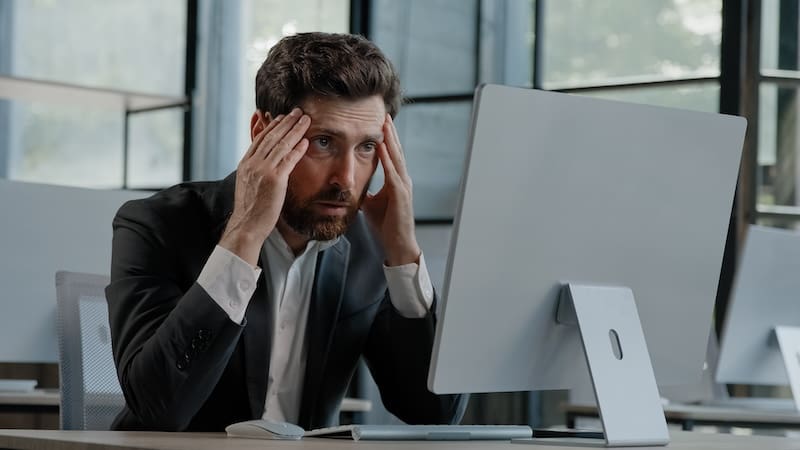
If a website refuses to remove a mugshot and the decision violates Georgia law, the individual affected may seek legal action against the website for non-compliance.
When a website persists in retaining an individual’s mugshot despite the legal obligations imposed by the law, the consequences can extend beyond mere non-compliance, too. Legal repercussions could come into play, potentially leading to penalties and even litigation.
In such scenarios, the affected individual may need to initiate legal proceedings to compel the website to adhere to the law and remove the booking photograph. This process could involve navigating the complexities of the criminal justice system and seeking legal counsel to pursue remedies effectively.
What Are the Penalties for Violating Georgia Law?
Violations of Georgia law can result in significant penalties, including fines and forced removal of mugshots.
Enforcement mechanisms are stringent, with penalties for non-compliance extending to civil and criminal repercussions. Individuals found guilty of violating this law may face fines ranging from hundreds to thousands of dollars, depending on the severity of the offense.
The law mandates the timely removal of mugshots from websites upon request by the person depicted. Failure to comply with removal requests can lead to further consequences. In extreme cases, failure to comply with removal requests could result in legal action against the website owner.
The impact of this legislation on the reputation of mugshot websites is profound. By enforcing accountability and transparency, the new law also aims to discourage the exploitation of individuals’ mugshots for profit or malicious intent, fostering a more ethical online environment.
How Can You Protect Your Rights?

To safeguard individual rights in Georgia, individuals should exercise their right to request the removal of their booking photograph from websites with the assistance of legal counsel.
Legal representation plays a crucial role in navigating the complexities of the law and protecting your rights.
Documenting every communication and interaction related to your request is essential for building a solid case.
Taking proactive measures, such as staying informed about the latest developments in the legislation and promptly addressing any violations, can help prevent any potential infringements on your rights.
What Steps Can You Take to Have Your Mugshot Removed?

Individuals can take steps to have their mugshots removed by sending a certified mail request to the website’s registered agent, ensuring compliance with legal procedures.
It is crucial for individuals seeking the removal of their mugshots to carefully follow statutory requirements. These include providing specific information such as their full name, the webpage’s URL displaying the mugshot, and a statement explaining the reason for the removal request.
Documenting each process step can also aid in any potential legal proceedings. After sending the certified mail request, individuals should keep a record of the correspondence and demonstrate their efforts to comply with the law.
How Can You Report a Website for Violating Georgia Law?
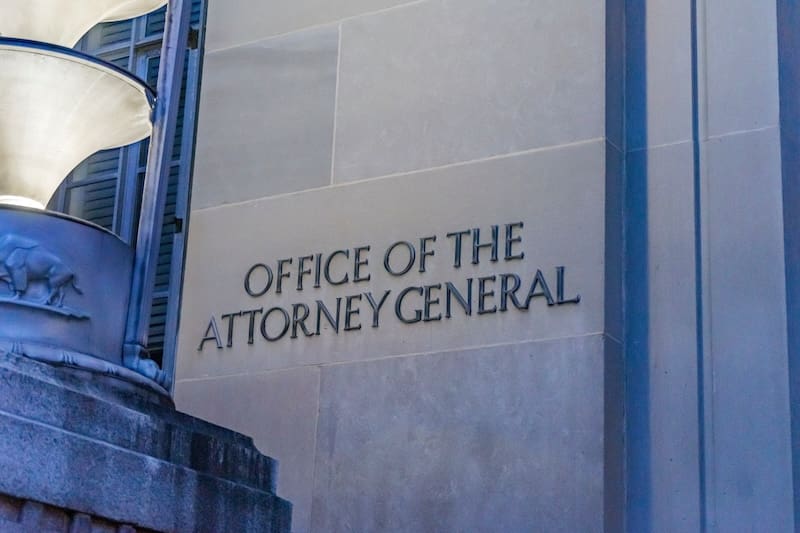
Individuals can report websites that violate Georgia law by submitting a formal complaint to the Georgia Attorney General’s office. The complaint should outline the alleged violations and provide relevant evidence.
Once the complaint is received, the authorities investigate the reported website to determine the extent of non-compliance. Evidence such as screenshots, web links, and any other documentation proving the unauthorized publication of mugshots is crucial in corroborating the complaint. This evidence plays a significant role in establishing the violation.
Regulatory authorities are responsible for enforcing the provisions outlined in the law and taking appropriate action against violators. Violating the law in Georgia can lead to severe legal consequences. Those include fines and potential legal action for disregarding statutory requirements.
What Are the Controversies Surrounding Mugshot Removal Law?
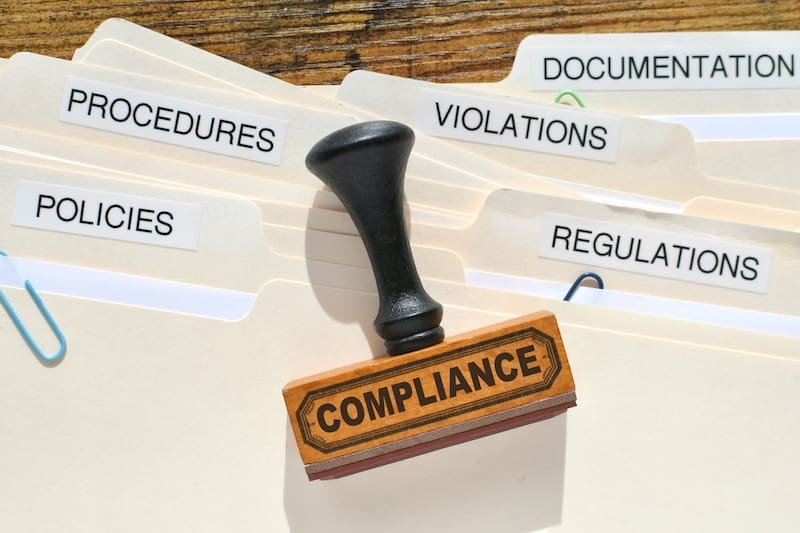
Mugshot law in Georgia has sparked controversies regarding the balance between public access to information and the protection of individuals featured in mugshots. Debates have arisen over ethical considerations and the role of mugshot publishers.
Some argue that public access to this information is essential for transparency and accountability. It enables citizens to be informed about criminal activities within their communities.
On the other hand, critics raise concerns about the potential harm caused to individuals whose mugshots are published. They cite that posting mugshots online is an invasion of privacy and perpetuates negative stereotypes.
Businesses involved in publishing mugshots also face scrutiny. Questions are raised about the ethics of profiting from the public shaming of individuals arrested but not convicted of any crime.
Is Georgia Law an Infringement on Freedom of Speech?
Debates arise over whether Georgia restricts freedom of speech and impedes public access to information and arrest records. There are concerns raised about its potential misuse for censorship or misinformation.
Proponents of the law argue that it protects individuals from having their arrest images exploited and misused by the public and law enforcement agencies. They claim that the publication of mugshots can perpetuate negative stereotypes and hinder a person’s ability to move on from past mistakes.
On the other hand, critics assert that mugshot removal law infringes on the public’s right to know and hinders the press’ ability to report on matters of public interest. The clash between privacy rights and freedom of speech becomes palpable in this legal and ethical debate.
Are There Any Exceptions to Georgia Mugshot Removal Law?

Certain exceptions about mugshot removal exist within Georgia law, particularly regarding the publication of booking photographs under specific circumstances, such as when accompanied by the individual’s name or principal place of residence.
These exceptions allow for the disclosure of mugshots when the person depicted has been convicted of a criminal offense. If the images are related to ongoing investigations or pose a public safety concern, they can also be made public. Additionally, a person on the state sexual offender registry will not be able to have their arrest records or public records removed from online access.
Get Professional Help Removing Your Mugshots Online
If your mugshots are available online because the arresting law enforcement agency posted them, you may be worried about how they’re affecting your potential to find a job, move into a new home or even get a date. Whether or not mugshot websites are in violation of Georgia law, you undoubtedly want your sensitive info removed from search results.
Our experts know how to find and encourage the removal of your mugshots and public records online. We also use content suppression tactics. This ensures that positive information shows up first when people search for your name in Google.
Get in touch with us today to discuss your options for mugshot removal and negative content suppression. Speak with our team by calling 844-230-3803 .
You might also like
How to Use Sentiment Mining to Improve Public Perception of Your Brand
Have you ever wondered how Georgia mugshot law could impact you or your loved ones? This comprehensive guide will answer …
